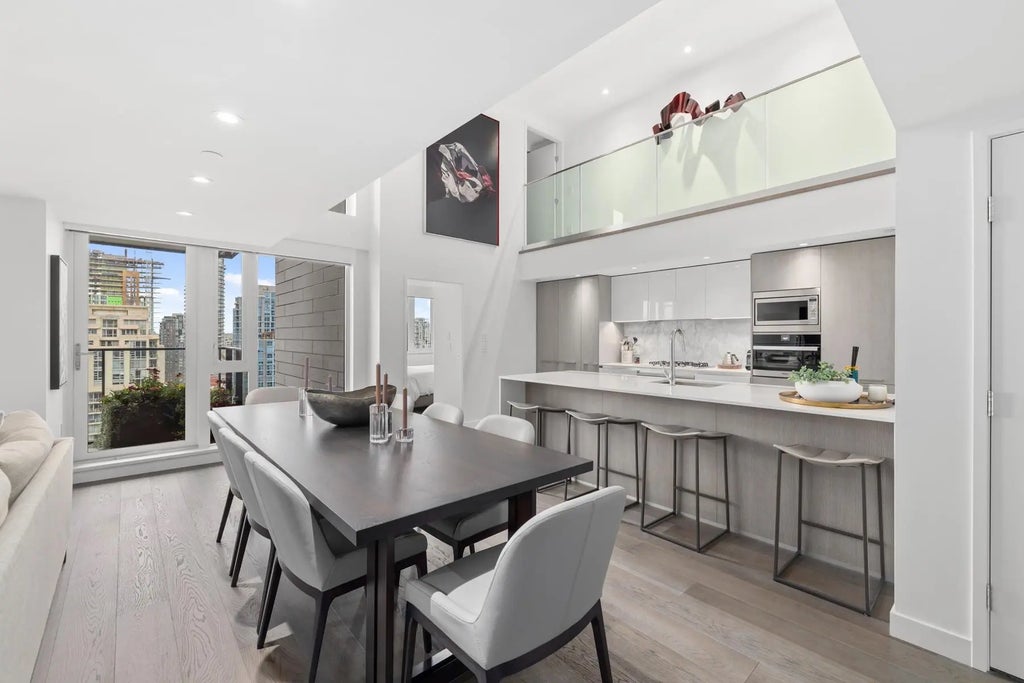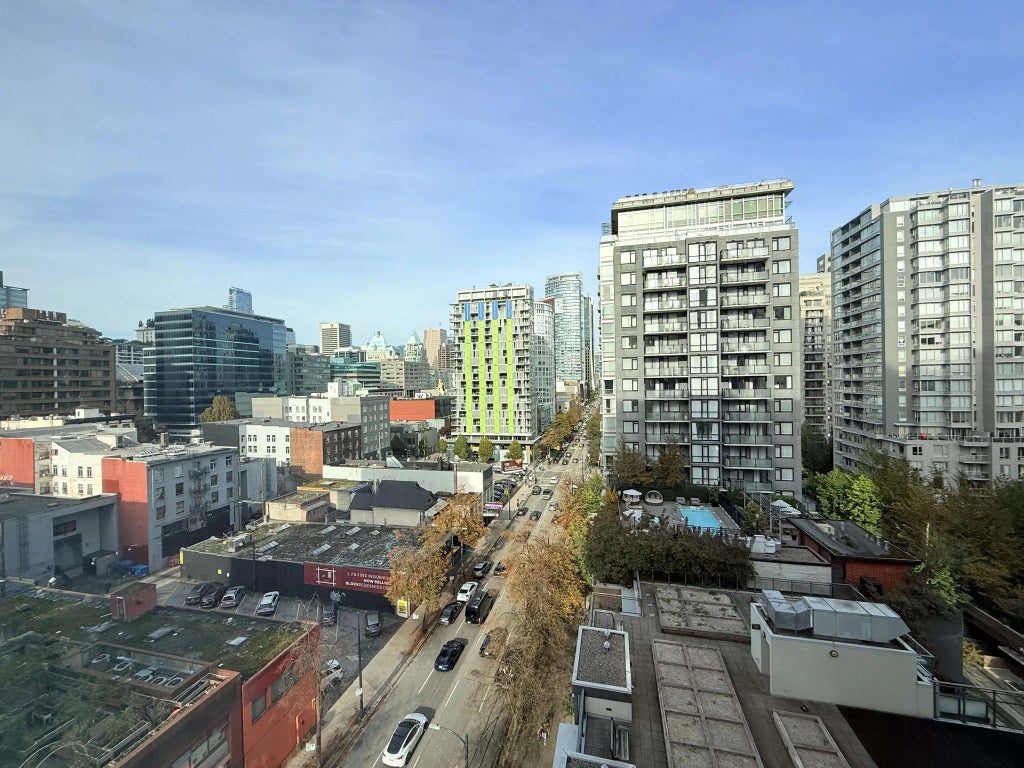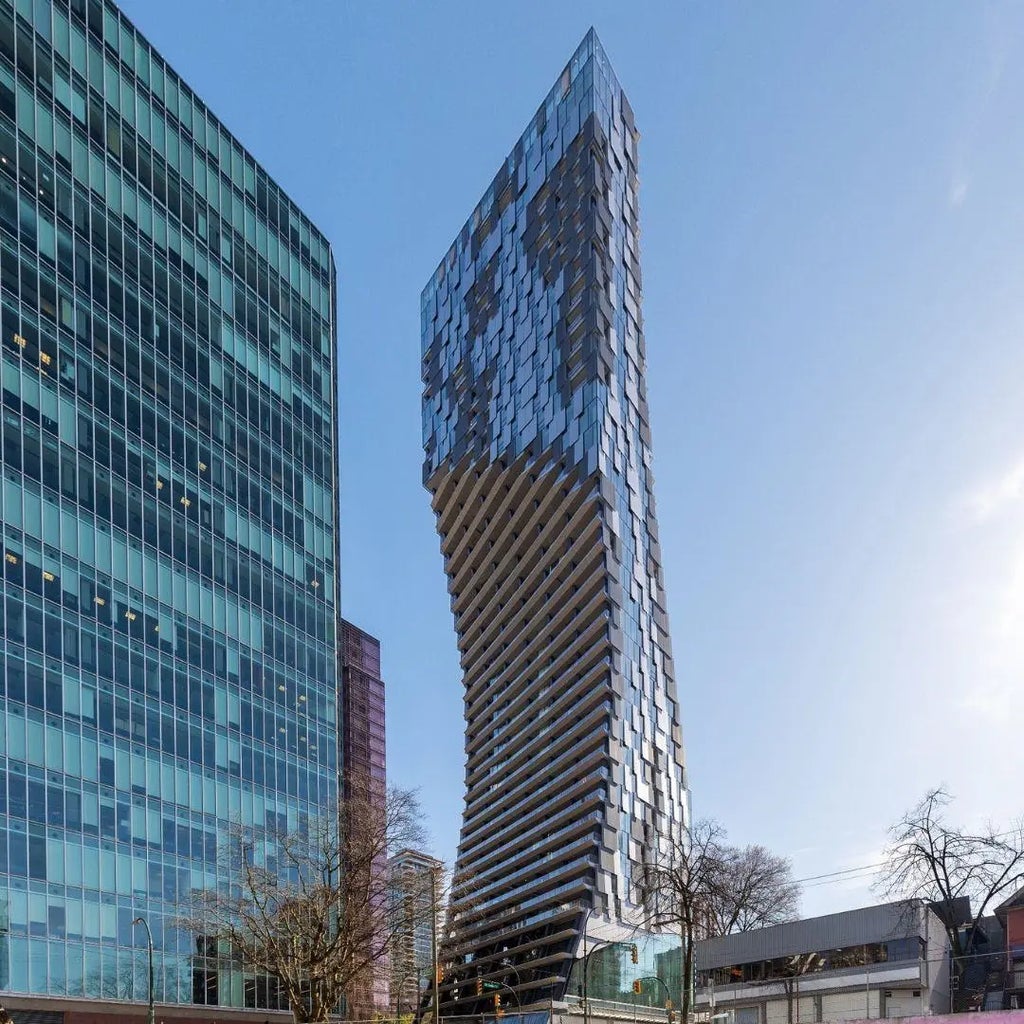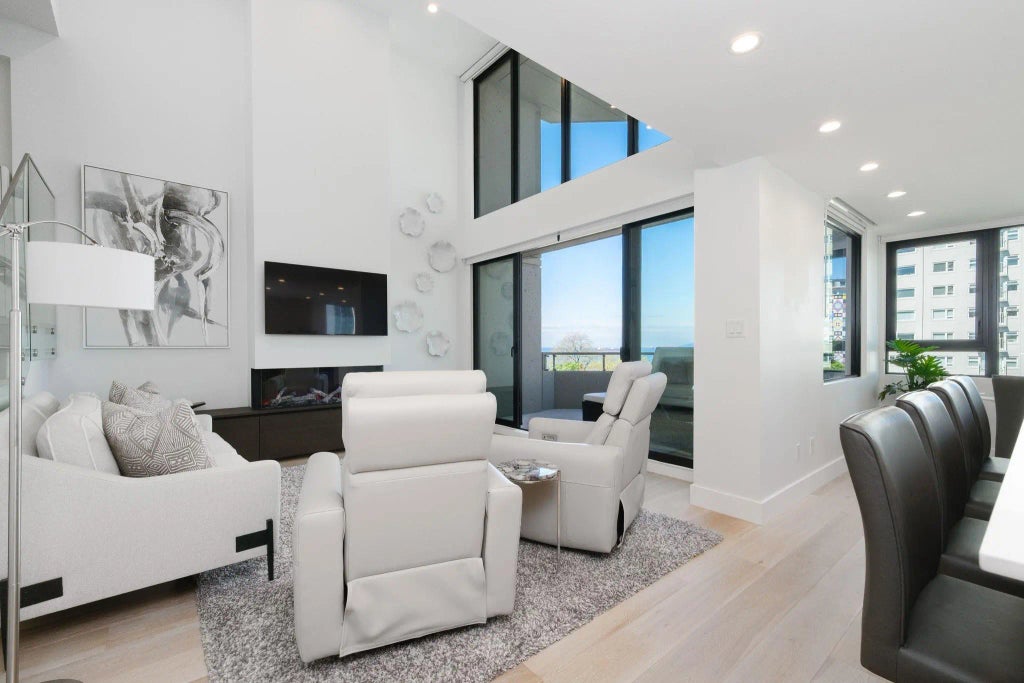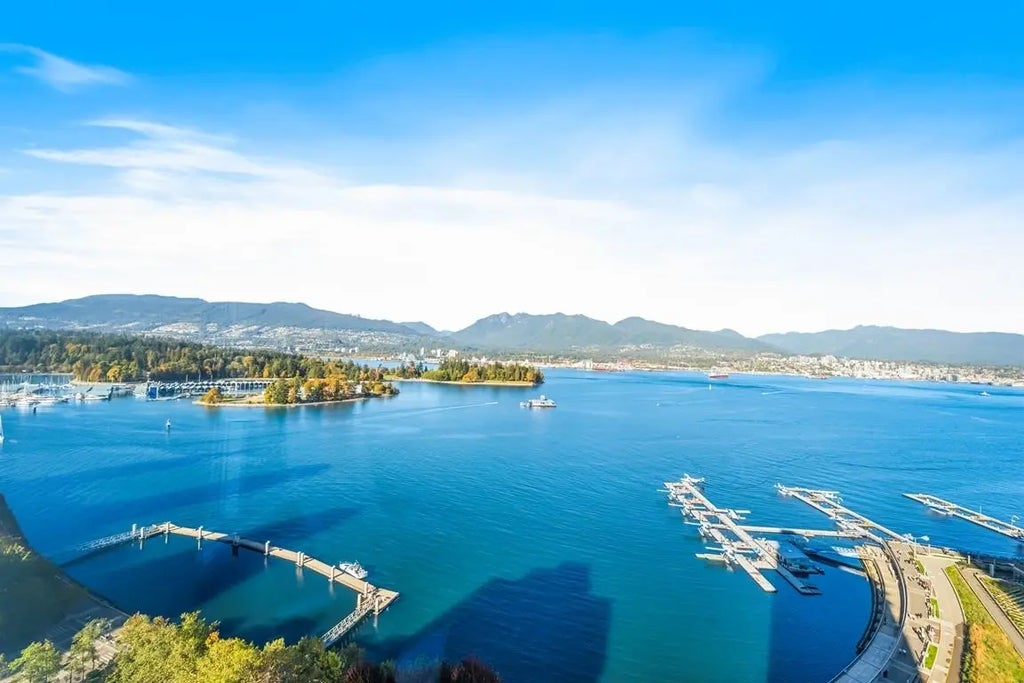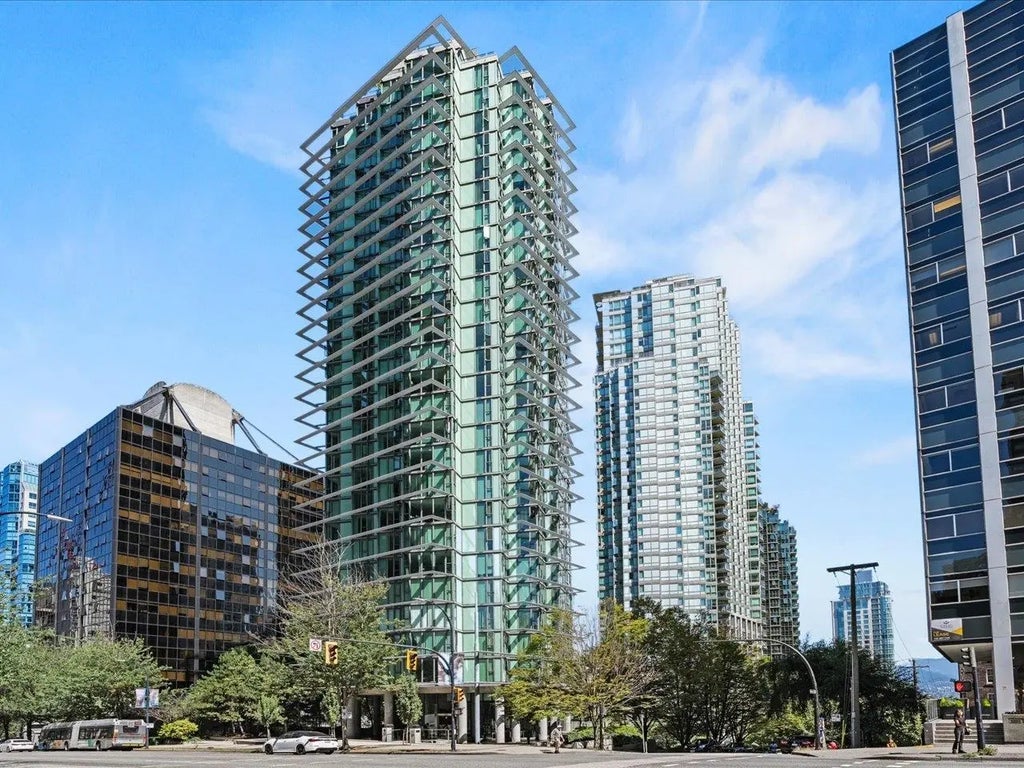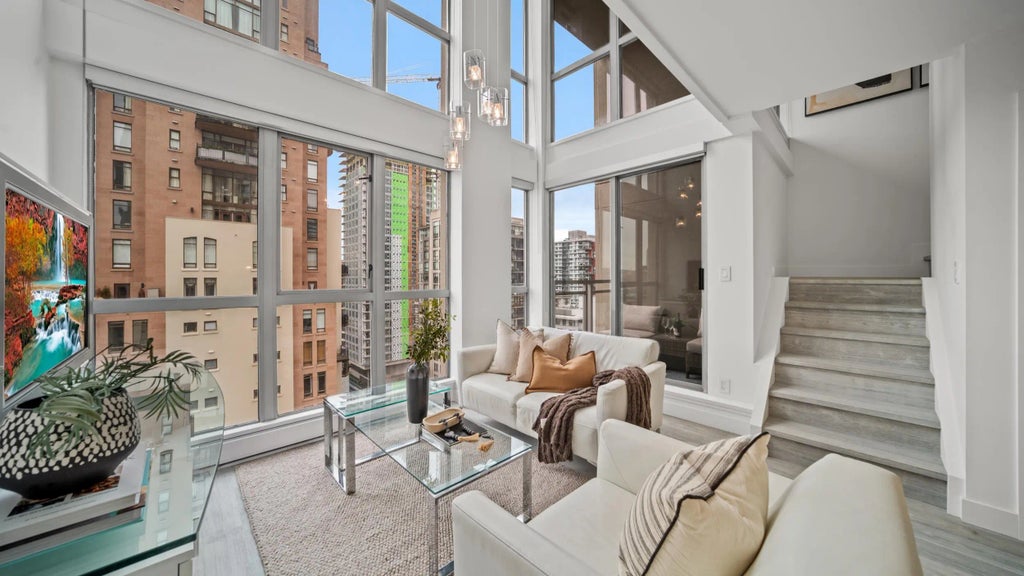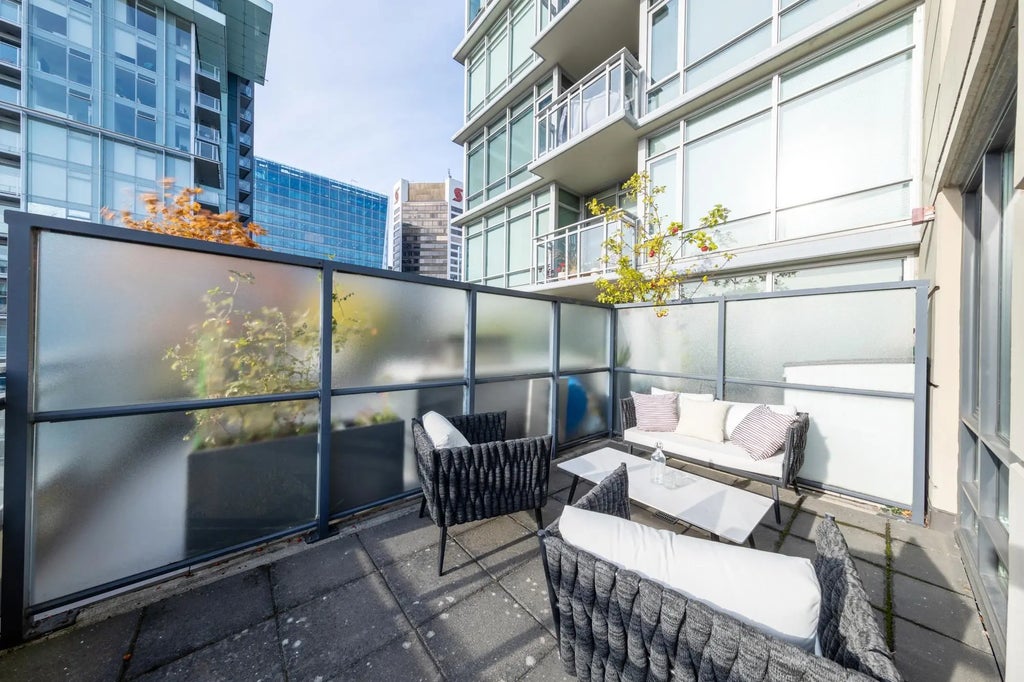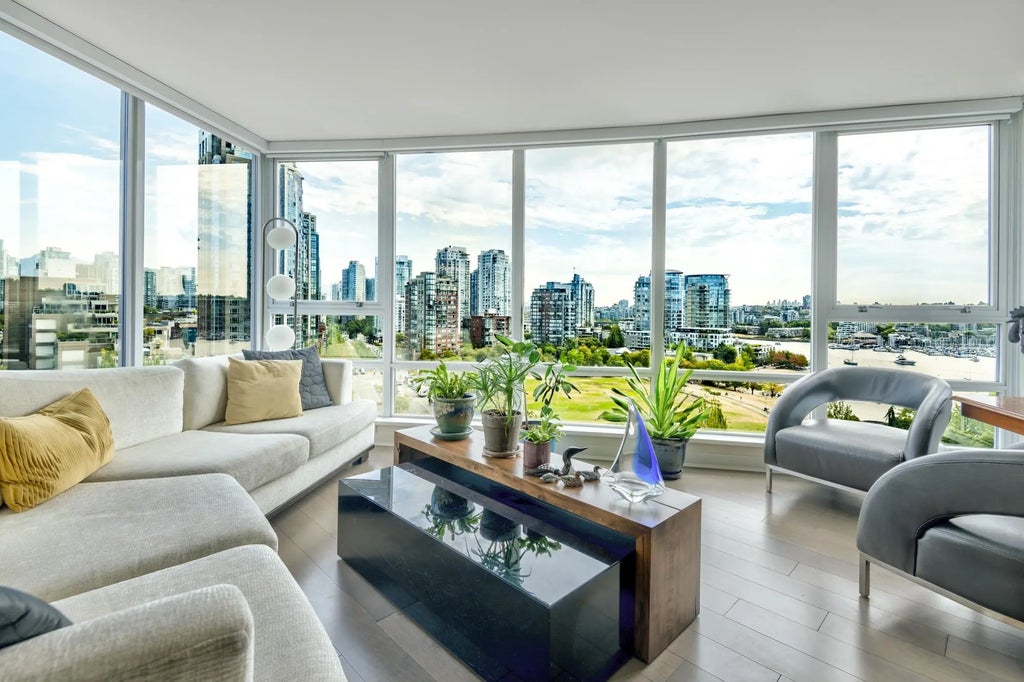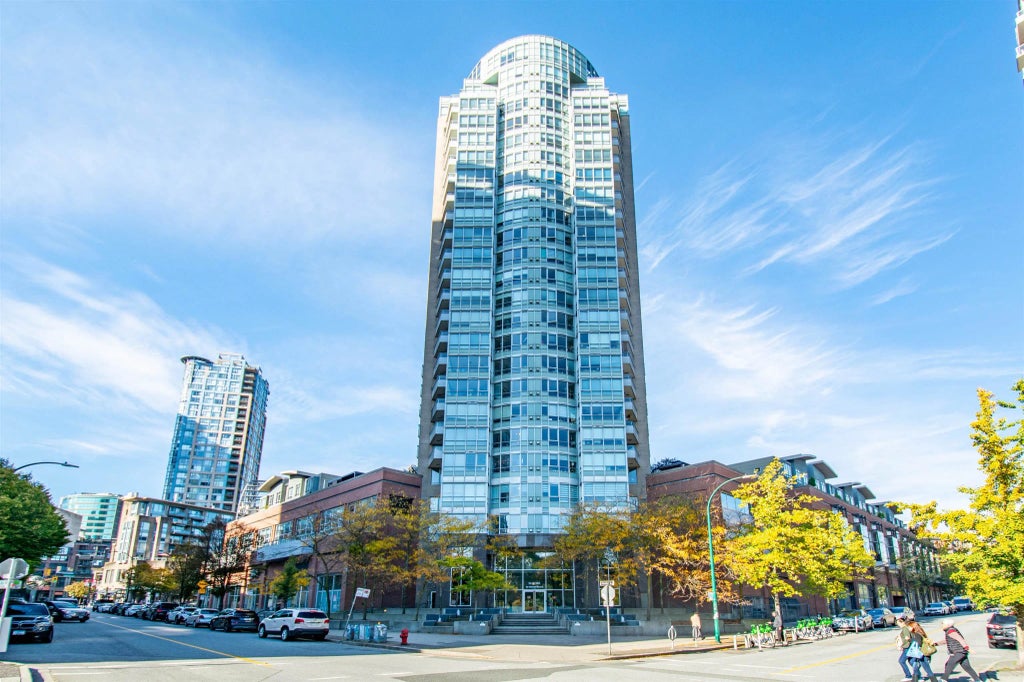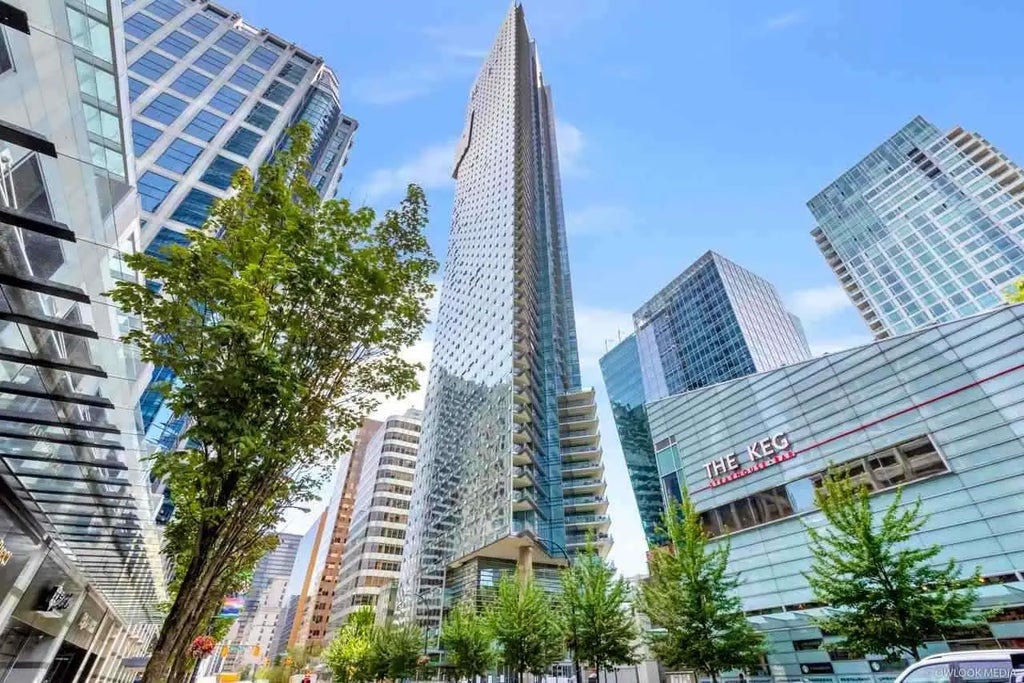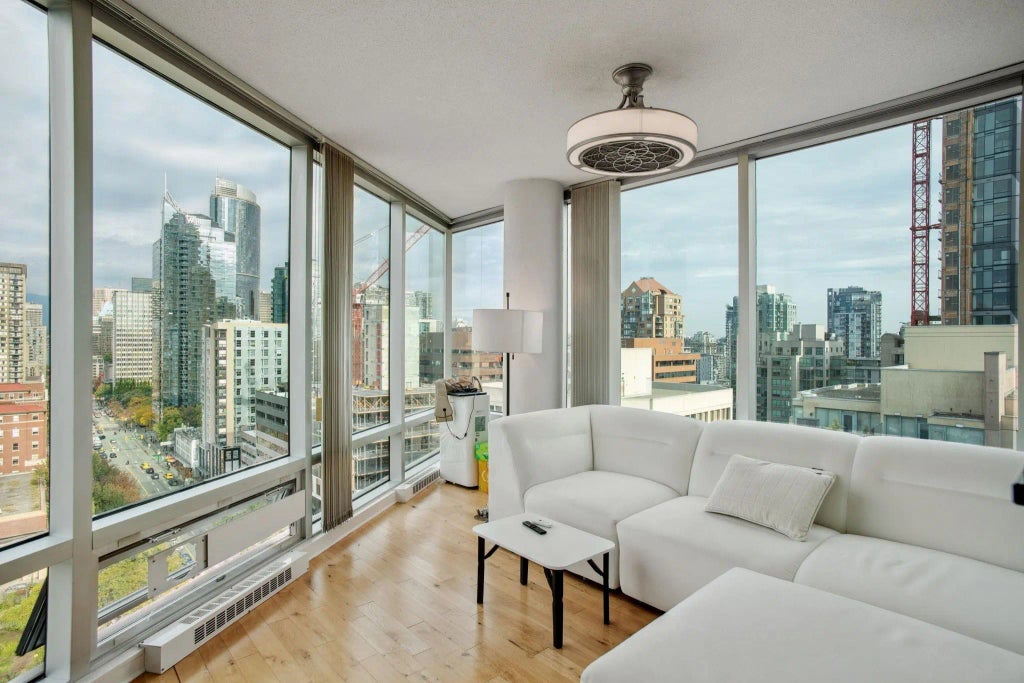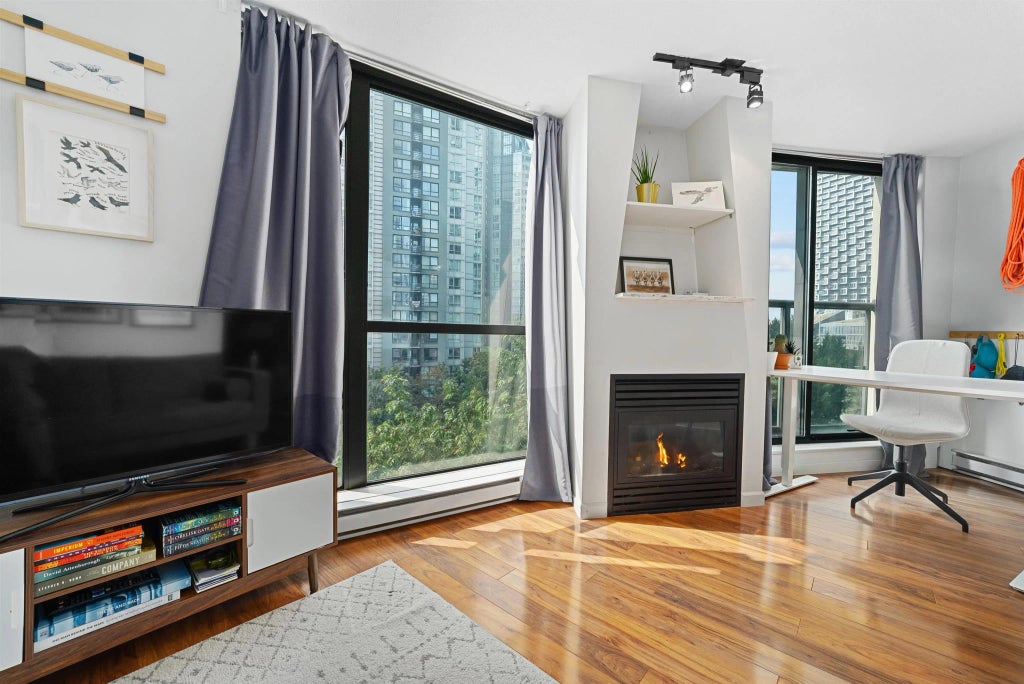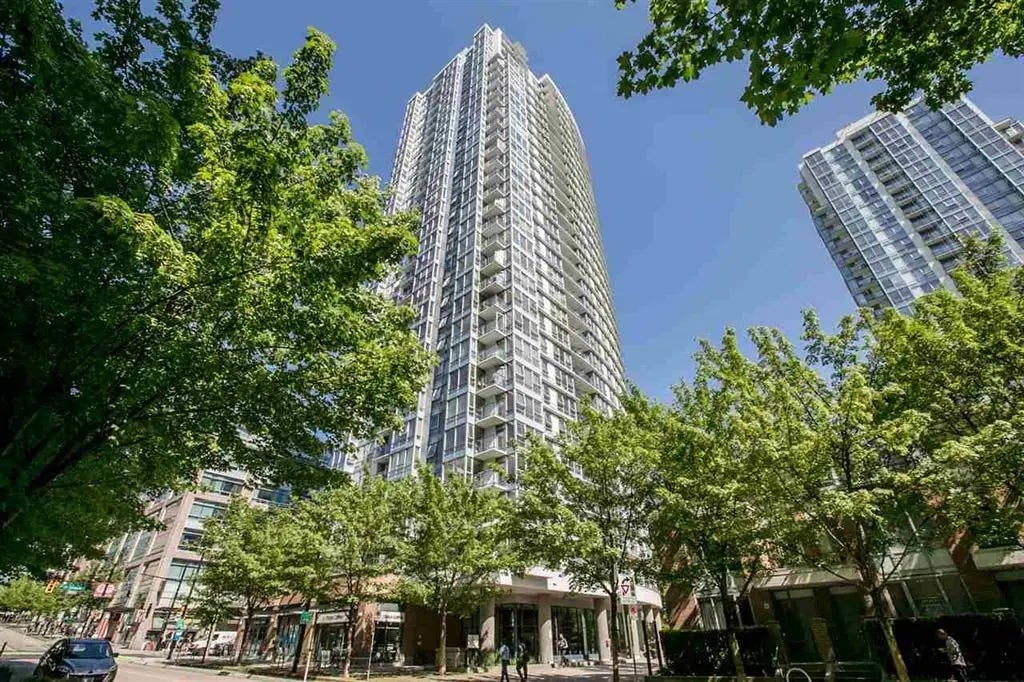Buying your first home in Vancouver is an exciting milestone, but it’s also a process that requires careful preparation. Vancouver’s housing market is among the most expensive in Canada. Before you jump into this competitive market, make sure you meet these seven must-have requirements. This guide will walk you through each step to ensure you’re truly ready to purchase a property and turn the keys on your first Vancouver house.
1. Sufficient Down Payment and Savings
Buying a home in Canada means you’ll need to have a down payment saved. The minimum down payment depends on the purchase price of the home:
-
5% for homes up to $500,000
-
10% on the portion above $500,000 up to $999,999
-
20% for homes priced at $1 million or more
For example, if you’re eyeing a condo priced at $800,000, you’d need at least $55,000 as a minimum down payment.
A larger down payment helps you avoid mortgage default insurance (CMHC insurance), which applies if your down payment is under 20%. This premium adds to your costs, so saving up more upfront can save you money in the long run.
Tip: Use the Home Buyers’ Plan (HBP) to withdraw up to $60,000 from your RRSP tax-free or open a First Home Savings Account (FHSA) to save up to $40,000 tax-free. Automate transfers to a high-interest savings account and cut expenses to reach your savings goal.
2. Good Credit Score and Stable Income
Lenders typically want to see a credit score of 680 or above for first-time buyers. To improve your score:
-
Pay bills on time
-
Pay down credit balances
-
Avoid taking on new debt before applying
Stable income is equally important. Ideally, you’ll have two years of consistent employment or income in the same field. Self-employed buyers may need extra documentation like two years of tax returns.
Also consider your debt-to-income ratio. Housing costs should be less than 35% of your gross income, and total debt payments should not exceed about 44%.
Canada also applies a mortgage stress test. You must qualify for your mortgage at either 5.25% or your contract rate plus 2% (whichever is higher). Strong income and low debt help you pass the stress test.
3. Mortgage Pre-Approval in Hand
A mortgage pre-approval tells you how much you can afford and locks in your interest rate. Benefits include:
-
Knowing your budget
-
Making a stronger offer
-
Protecting yourself from rising interest rates
Documents typically needed for pre-approval include:
-
Proof of income
-
Down payment verification
-
Asset and liability list
-
Credit check
While pre-approval isn’t a guarantee, it’s an essential step that prepares you to act quickly and with confidence.
4. Budget for Closing Costs, Taxes, and Insurance
First-time buyers often overlook closing costs. Budget an extra 1.5% to 4% of the purchase price. Common costs include:
-
Property Transfer Tax (PTT): Exemptions apply for first-time buyers up to $835,000
-
Legal Fees: Typically $1,000 to $2,500
-
Home Inspection: $300 to $500
-
Insurance: Required by lenders, paid annually or monthly
-
CMHC Insurance PST: If applicable, PST is due at closing
-
Adjustments: Prorated taxes and utilities
-
Moving Costs: Truck rental or movers
Beyond closing, factor in yearly expenses:
-
Property taxes
-
Insurance
-
Maintenance and repairs
-
Strata fees (for condos)
Canada also offers the First-Time Home Buyers’ Tax Credit (up to $1,500) to help with some of these expenses.
5. A Reliable Real Estate Agent and Support Team
An experienced real estate agent is a must-have. They offer:
-
Knowledge of local market trends and property values
-
Access to MLS listings
-
Negotiation and paperwork expertise
-
Connections to trusted mortgage brokers, inspectors, and lawyers
Your agent will guide you through each step, negotiate offers, and help you understand documents. Choose someone with experience helping first-time buyers and knowledge of your target neighborhoods.
Your team may also include:
-
Mortgage broker or lender
-
Home inspector
-
Lawyer or notary
Having the right professionals on your side simplifies the process and helps you avoid costly mistakes.
6. Understanding the Home Buying Process and Doing Your Research
Familiarize yourself with the buying steps:
-
Get pre-approved
-
Start house hunting
-
Make an offer
-
Enter conditional period
-
Complete closing paperwork
-
Move in
Do your homework on:
-
Local neighborhoods and price trends
-
School catchments
-
Transit options
-
Future developments
For condos, read strata documents for red flags like upcoming levies or building issues. For houses, check for oil tanks or required repairs.
Also understand:
-
Subject clauses
-
Deposit requirements
-
Closing timelines
Educating yourself helps avoid surprises and gives you confidence in your purchase.
7. Long-Term Homeownership Commitment
Think beyond buying—are you ready for the long haul? Consider:
-
Planning to stay at least five years to build equity and offset costs
-
Handling repairs, maintenance, and emergencies
-
Having a financial cushion
-
Managing your budget with future life changes (e.g., children, job shift)
Owning a home involves long-term work and responsibility. You won’t have a landlord to handle repairs, and your monthly expenses won’t stop after closing. Are you emotionally ready for the independence and accountability that come with ownership?
If yes, then you're probably ready to make the leap into owning a home in Vancouver.
Final Thoughts
Buying your first property in Vancouver is a big move, but if you check off these seven requirements, you’re in a strong position to succeed. You’ll be financially prepared, well-informed, and supported by the right professionals.
Need help getting started? Reach out to Adam Chahl, a top real estate agent with extensive experience helping first-time buyers in Vancouver. Whether you’re ready to start viewing homes or just want to chat about your options, Adam is here to help.
Contact Adam today and take the next step toward buying your dream home in Vancouver.
Frequently Asked Questions
1. What is the minimum down payment required to buy a home in Vancouver?
The minimum down payment in Canada is 5% for homes up to $500,000, 10% for the portion between $500,000 and $999,999, and 20% for homes priced at $1 million or more.
2. Can first-time buyers in Vancouver get help with their down payment?
Yes, programs like the Home Buyers' Plan (HBP) and First Home Savings Account (FHSA) can help you save up to $100,000 tax-free for your down payment.
3. What additional costs should I expect besides the purchase price?
Expect to pay for property transfer tax (unless exempt), legal fees, a home inspection, property insurance, and potential adjustments for taxes or utilities. Budget 1.5% to 4% of the home price.
4. Why is mortgage pre-approval important?
A pre-approval shows sellers you're a serious buyer, helps you understand your budget, and locks in your mortgage rate for up to 130 days.
5. Do I really need a real estate agent to buy my first home?
Yes, an experienced agent offers market insight, helps with paperwork, negotiates on your behalf, and connects you with trusted professionals. For first-time buyers, their support is especially valuable.
Browse Other Downtown Vancouver Communities
MLS® Listings in Downtown Vancouver | Homes for Sale
